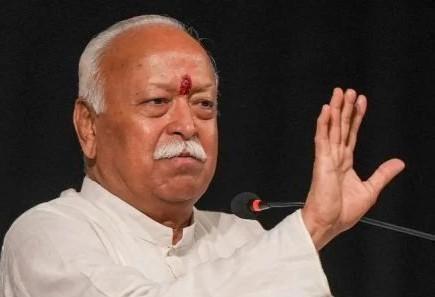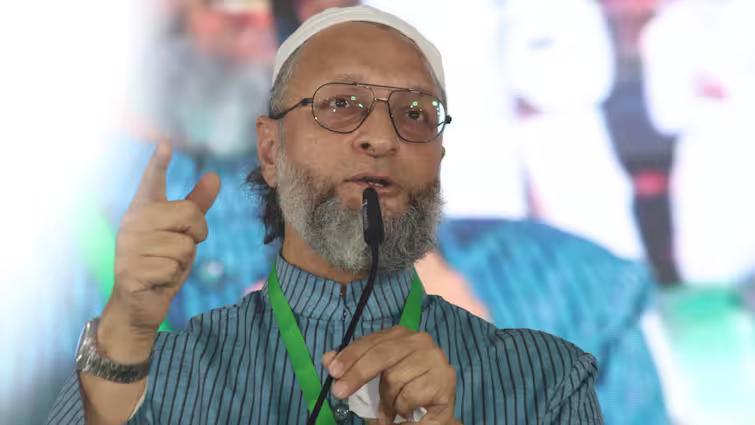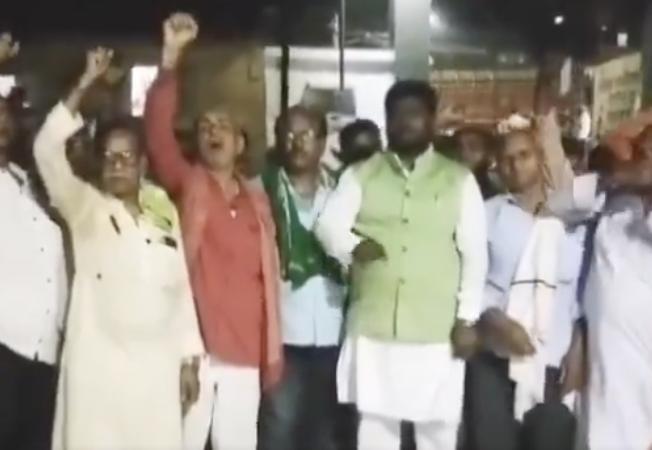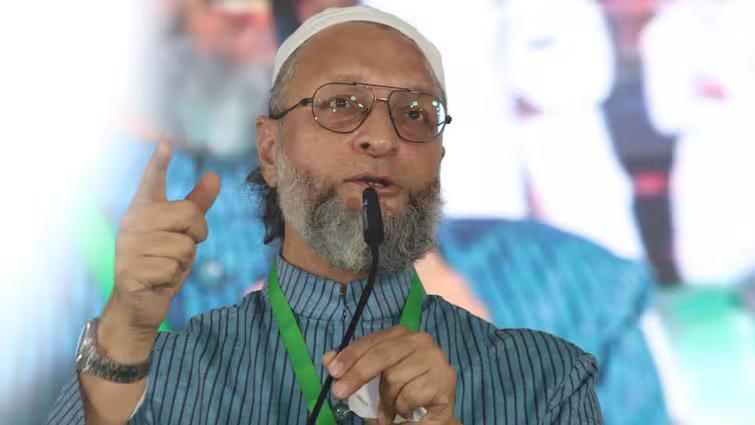
Title: If Someone Turns to Evil, Then We’ll Teach a Lesson: Bhagwat on J&K Attack
The recent terror attack in Pahalgam, Jammu and Kashmir, has left the nation in a state of shock and grief. The attack, which resulted in the loss of innocent lives, has raised questions about the effectiveness of the government’s counter-terrorism measures. In the midst of the ongoing investigation and condolences to the families of the victims, RSS Chief Mohan Bhagwat has made some striking comments that have sparked a heated debate.
In an interview, Bhagwat emphasized that non-violence is indeed India’s religion, but he also stressed that it is equally important to teach a lesson to “oppressors and hooligans”. He said, “We never harm or disrespect our neighbours, but if someone is bent on being evil, what is the cure? The king’s duty is to protect the people, and he will do his duty.”
Bhagwat’s statement has been interpreted in various ways, with some seeing it as a call for retaliation and others as a reminder of the government’s responsibility to protect its citizens. It is essential to understand the context and implications of Bhagwat’s words in order to gauge their significance.
Firstly, it is crucial to acknowledge that non-violence is a fundamental aspect of Indian philosophy and culture. The concept of ahimsa, or non-violence, is deeply rooted in Hinduism and other Indian religions. The idea is that harming or killing other living beings is morally wrong and can have far-reaching consequences. This philosophy has guided India’s foreign policy and its approach to conflict resolution for centuries.
However, Bhagwat’s statement also highlights the necessity of responding to violence with strength and determination. He is not advocating for indiscriminate violence or retaliation, but rather emphasizing the need to take measures to protect the innocent and prevent future attacks. This is a nuanced approach that recognizes the complexities of the situation and the need for a balanced response.
In the context of the recent terror attack in Pahalgam, Bhagwat’s statement takes on added significance. The attack has left the nation in a state of shock and grief, and the government has been under pressure to respond effectively. Bhagwat’s words serve as a reminder that the government has a responsibility to protect its citizens and ensure their safety and security.
Furthermore, Bhagwat’s statement also highlights the importance of teaching a lesson to those who perpetrate violence. This is not a call for revenge or retaliation, but rather a recognition that such actions can only be effective if they are accompanied by a clear message that violence will not be tolerated. The government has a responsibility to ensure that those responsible for the attack are brought to justice and that measures are taken to prevent similar attacks in the future.
In conclusion, Bhagwat’s statement is a reminder of the complexities of conflict and the need for a nuanced approach to dealing with violence. While non-violence is an essential aspect of Indian philosophy and culture, it is equally important to recognize the need to respond to violence with strength and determination. The government has a responsibility to protect its citizens and ensure their safety and security, and Bhagwat’s words serve as a reminder of the importance of this responsibility.
Source: https://youtu.be/SpAKVWl5wII



